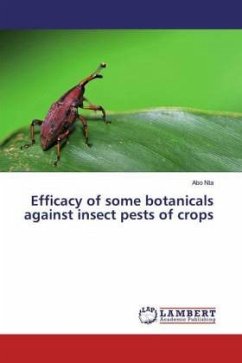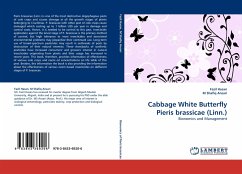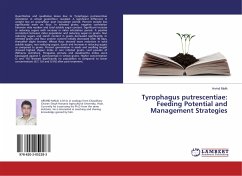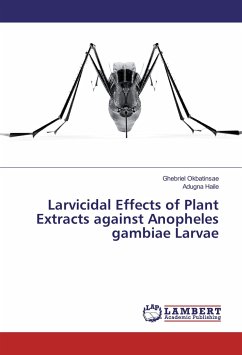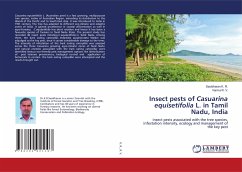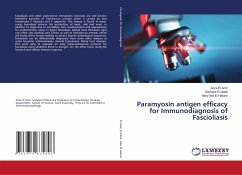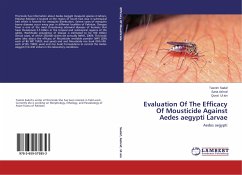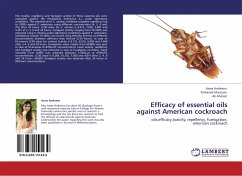The production and storage of crops by resource-poor farmers in Africa are affected by pests; these limitations cause both qualitative and quantitative losses. Insect pests are major culprits often causing more than 70% loss in yield during cultivation and storage. To minimize these problems, most agriculturist worldwide resort to the use of 'quick action' chemical insecticides. This often results in elimination of target and non-target organisms, environmental pollution and increase cost of production and ultimate increase in price of the produce. To the local farmers in Africa, it is therefore necessary to look inward for alternative methods of limiting the insect pest problems. One of such methods is the use of cheap and readily available plants as bio-insecticides. This book examines the efficacy of Aframomum melegereta, Xylopia aethiopica against Cylas puncticollis; Denethia tripetella and Andrographis against some insect pests.
Bitte wählen Sie Ihr Anliegen aus.
Rechnungen
Retourenschein anfordern
Bestellstatus
Storno

